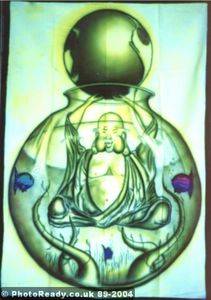G
Guest
Interesting related link
Interesting related link
How ironic that we are all talking about this and I just found this.
http://news.yahoo.com/s/ap/20051123/ap_on_re_as/nepal_buddha
Interesting related link
How ironic that we are all talking about this and I just found this.
http://news.yahoo.com/s/ap/20051123/ap_on_re_as/nepal_buddha





 BOG
BOG
